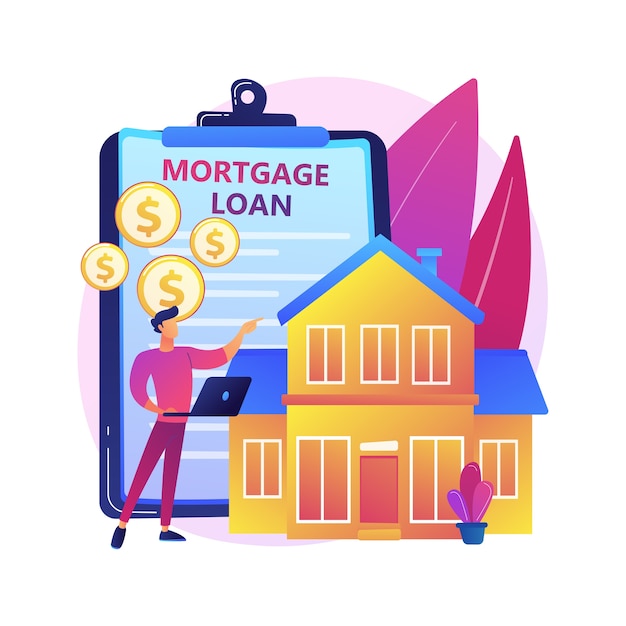
1. The joy of becoming debt-free!
2. Saving a ton on interest.
3. Building up home equity.
4. Securing a fixed return rate.
5. Reducing the money needed for retirement.
6. Lowering taxable income during retirement.
Prospective benefits of paying off your mortgage early vs. investing the money elsewhere:
It’s a common financial dilemma: should you pay off your mortgage early or invest your money elsewhere responsibly? This question often arises when people find themselves with some extra cash.
My wife and I have pondered this numerous times, especially whenever we received a raise or a bonus. We’ve wondered if it would be wise to use that extra cash to pay down our mortgage principal each month.
Why do we consider this? Eliminating your monthly mortgage payment is often seen as a key step to achieving financial independence. Financial experts and advisors have long advocated for paying down mortgage debt as a priority. Even those aiming for early retirement make it a focus because it reduces the amount of money needed to retire.
But it’s essential to remember that we’ve experienced historically low interest rates. For almost six years up to 2016, the U.S. Federal Reserve kept interest rates near 0%. This means anyone who bought a mortgage or refinanced in the past decade might be paying between 3% and 5% in interest.
If you’re among those who secured a low rate, does paying off your mortgage early make sense when there could be better uses for your money?
In this article, we’ll explore the pros and cons of paying off your mortgage early. By the end, you can weigh which points resonate most with your situation and decide the best use of your money.
Some people are very enthusiastic about paying off their mortgage early, and here’s why:
There’s no better feeling than being debt-free. Imagine waking up and declaring, “I don’t owe anyone anything!” Even if you lose your job, your house and its contents will remain yours because you paid it off. This psychological security is why many people accelerate their mortgage payments. Achieving this can be as satisfying as reaching a career or weight loss goal.
Technically, a mortgage is a loan, and loans accrue interest. And unfortunately, the longer you carry your mortgage, the more interest you’ll pay. But by paying down the principal sooner, you save significant amounts on interest. Even an extra $100 a month could save you over $20,000 in interest and shorten your payment period by almost five years.
A mortgage payment also builds equity, which represents the portion of the house you own. This equity can translate into substantial cash when you sell your home, potentially offering tens or hundreds of thousands of dollars.
Paying down long-term debt is akin to investing. Paying your mortgage early can provide a fixed return equivalent to your interest rate. For example, if your mortgage APR is 5%, paying down the principal saves you that 5% in interest.
In retirement, eliminating your mortgage means needing less money to cover expenses, reducing your retirement savings target. Plus, paying off your mortgage can help you manage and lower taxes during retirement.
Conversely, some arguments suggest not paying off your mortgage early may be more advantageous:
With a fixed-rate mortgage, your payments remain stable amid rising living costs, offering inflation protection. Over time, this fixed payment “feels” like less compared to other expenses that will rise.
If your mortgage interest rate is low, investing in the stock market might offer higher returns. For instance, if you have a 4% mortgage rate and the stock market yields 8%, investing could be more profitable.
During economic downturns, your house value may decrease, making it less prudent to tie up extra cash in mortgage payments. Instead, having liquid funds in an emergency fund could provide more flexibility.
Historically low interest rates mean some people are paying almost nothing in mortgage interest. And don’t forget, mortgage interest is tax-deductible, potentially offering tax savings.
Lastly, allocating funds to other financial goals might take priority, such as investing in a 401k, building an emergency fund, or paying off high-interest debt.
Ultimately, the choice depends on your unique financial situation. Carefully consider the pros and cons outlined here to determine what aligns best with your financial goals.
What’s your take? Have you considered paying off your mortgage early, or do you find other uses for your money more compelling?
